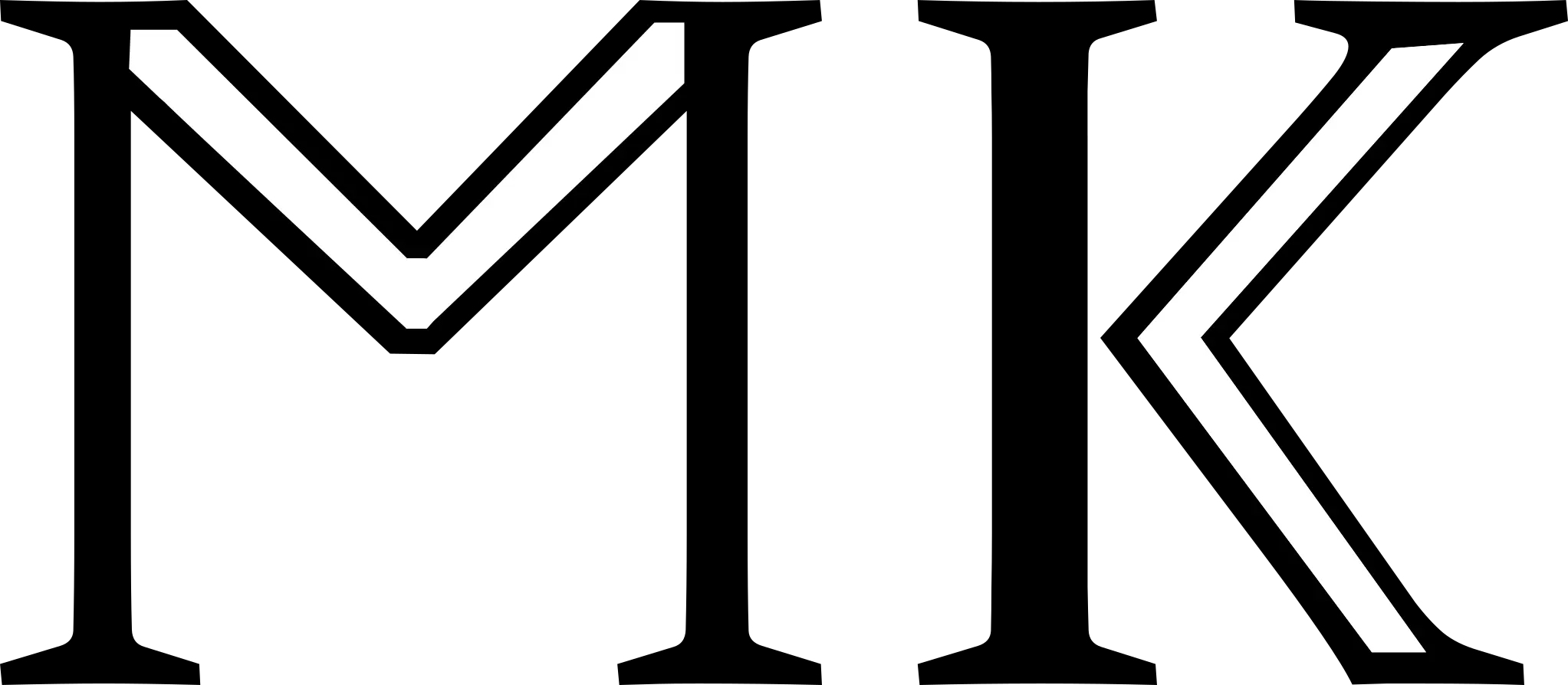Mastering lifelong learning trough the Zettelkasten

If you strive towards the goal of committing to the journey of lifelong learning, you will surely be happy, to have a dependable research partner that supports you in every area you could ever wish for and that turns you into an intellectual productivity machine, including input and output.
And the best part is: the more you use it, the more it returns to you.
You will be able to work on the most complex intellectual projects without requiring
anyone else. It's just you and your beloved partner, the Zettelkasten (slipbox in English).
Everyone knows that the most effective way to learn something is to make it an active act. When you work with your zettelkasten, it can't possibly become more active than that.
Actively searching your sources, extracting ideas, connecting them, and using flashes of inspiration that might otherwise be lost in the barrage of information you have to wrangle.
What the zettelkasten gives you
Many benefits of the zettelkasten are actually outlined in many established topics in the productivity scene. Things as beneficial systems, flow states, habits, reducing complexity
and willpower as unsustainable ways of forcing productivity workflows.
Since mostly everything you do over a longer period of time is either a positive or a negative compounding investment, you should try to minimize the negative and further amplify the positive ones.
Amplifying knowledge works by interconnecting it as much as possible, fitting to the structure of the brain. The more you interconnect, the stronger your own neurons become.
The same principle applies to working with your notes.
You learn most about a topic by cross-reading between different sources and immediately making those connections.
No intellectual project that is a bit larger than a to-do list is sustainable by keeping everything in your head. Human brains just aren't laid out for this kind of storage in hard drive style.
Additionally, your brain's memory is not as large or extensible as that of a computer. If you follow this trail of thought, the logical consequence is that you just
have to write information down in order to outsource from your limited capacity to support the act of adding, refining, proofing, and discarding. Might as well do the most of it.
and additionally produce a long-lasting, compounding investment, right?
When you use this magic box, it already prepares rough drafts, ideas, quotes, and references ready for you. It just waits for you to get into action.
Making a system as dependable as possible
This doesn't only apply to knowledge work, but basically to everything you do in your modern life. You'll want to outsource as much load from your brain as possible, which in turn means, that you need a dependable system.
If you can't depend on your system, you just shift loads around. If you can't depend on your system, the capacity is just used for worrying over your systems own possible failure.
How do you achieve this? It needs to do what it is supposed to, preferably do it, without any unrequired complexity or requirement for willpower.
Remove as much as possible and add things back as needed.
Systems that are low in complexity are generally much more dynamic and forgiving in the case of unforseen requirements. It has to provide a structure you understand and therefore trust in.
You need a system that supports you moving from one task to another and back as required, not as set in stone. It has to encourage a workflow that shines through research, new ideas, and that
doesn't make you tired just by using it. Locked-down systems just don't work for open-ended processes like research, learning, and writing.
Don't lose potential gold nuggets in favor of a bad workflow.
By freeing up your internal resources, you have the time and energy for more important things, such as jotting down the new fancy idea you just had instead of regretting your limited human capabilities.
Your new companion will ingest the new knowledge nuggets you just found, this new idea you just had, even if it doesn't fit the project you're working on at the moment.
You take the most out of intellectual work if you harvest the interplay between thinking, taking notes, and having ideas and expanding on them when the time is right.
Everything from the waterfall of information as potentially valuable drops, just not possible fitting into the bucket you need to use right now.
This won't be a problem anymore, because just selectively adding them into your slip box takes a minimal amount of time, in addition to what you are doing anyway piece by piece, on your way to your critical mass and vastly compounding interest.
You will be able to bring forward multiple ideas instead of throwing everything in the trash that doesn't fit the puzzle right now.
In fact it saves you time
- Using all those benefits, this will allow you to skip reading everything again because it's already there, just waiting to be used.
- You already have extracted a bunch of interesting ideas to build on, even if you may not have recognized the real value when stumbling across them.
- Using this system, it exposes ideas to you that you might not even have thought of.
- Already have outlines and bibliographic information at hand.
- Raw willpower is a sparse resource and is exhausted very fast.
- Environments are much better at motivating than raw willpower and much more sustainable.
Subscribe, share and comment on this post. Connect with me on X to always get the newest content directly delivered to you
Marvin Krause on X

